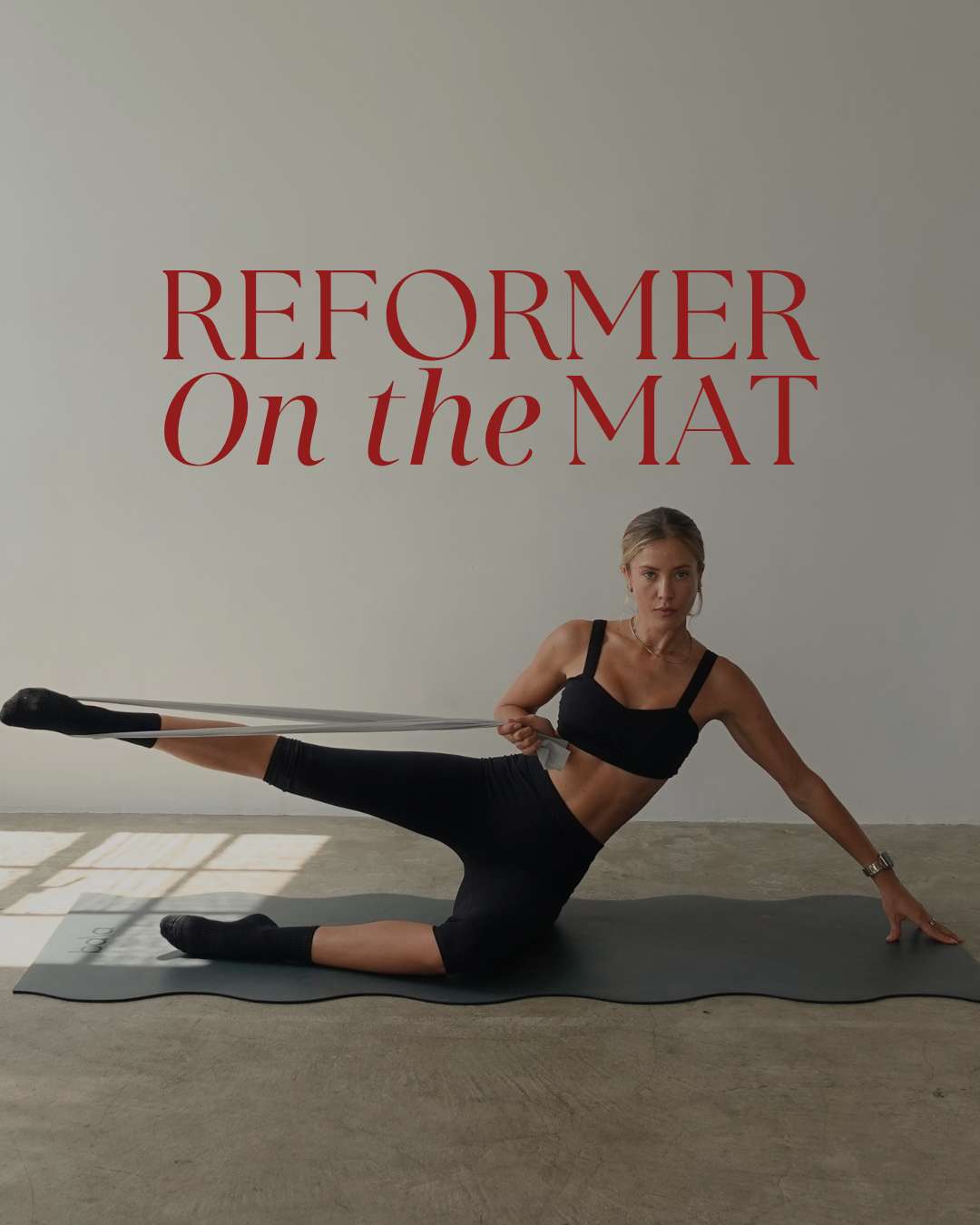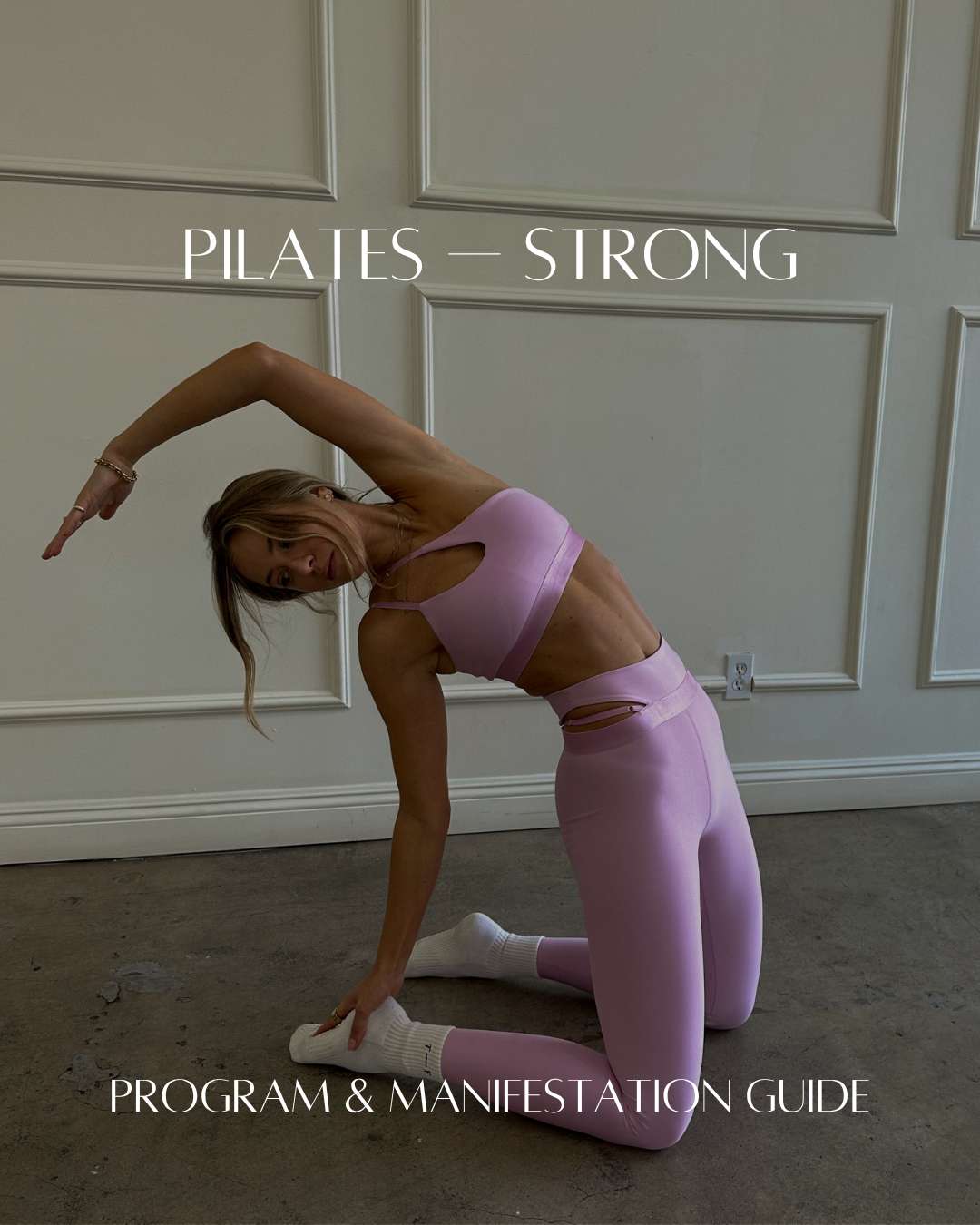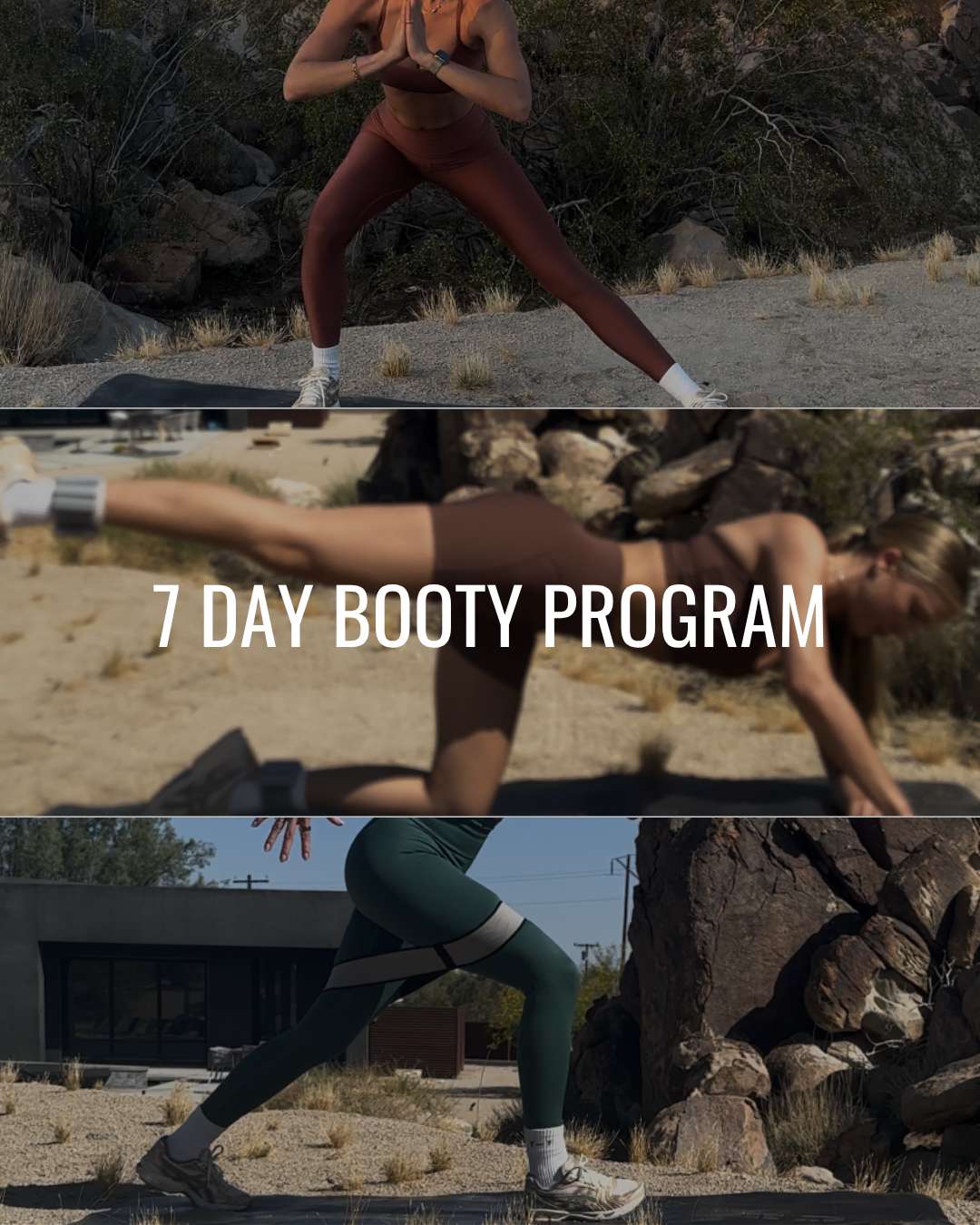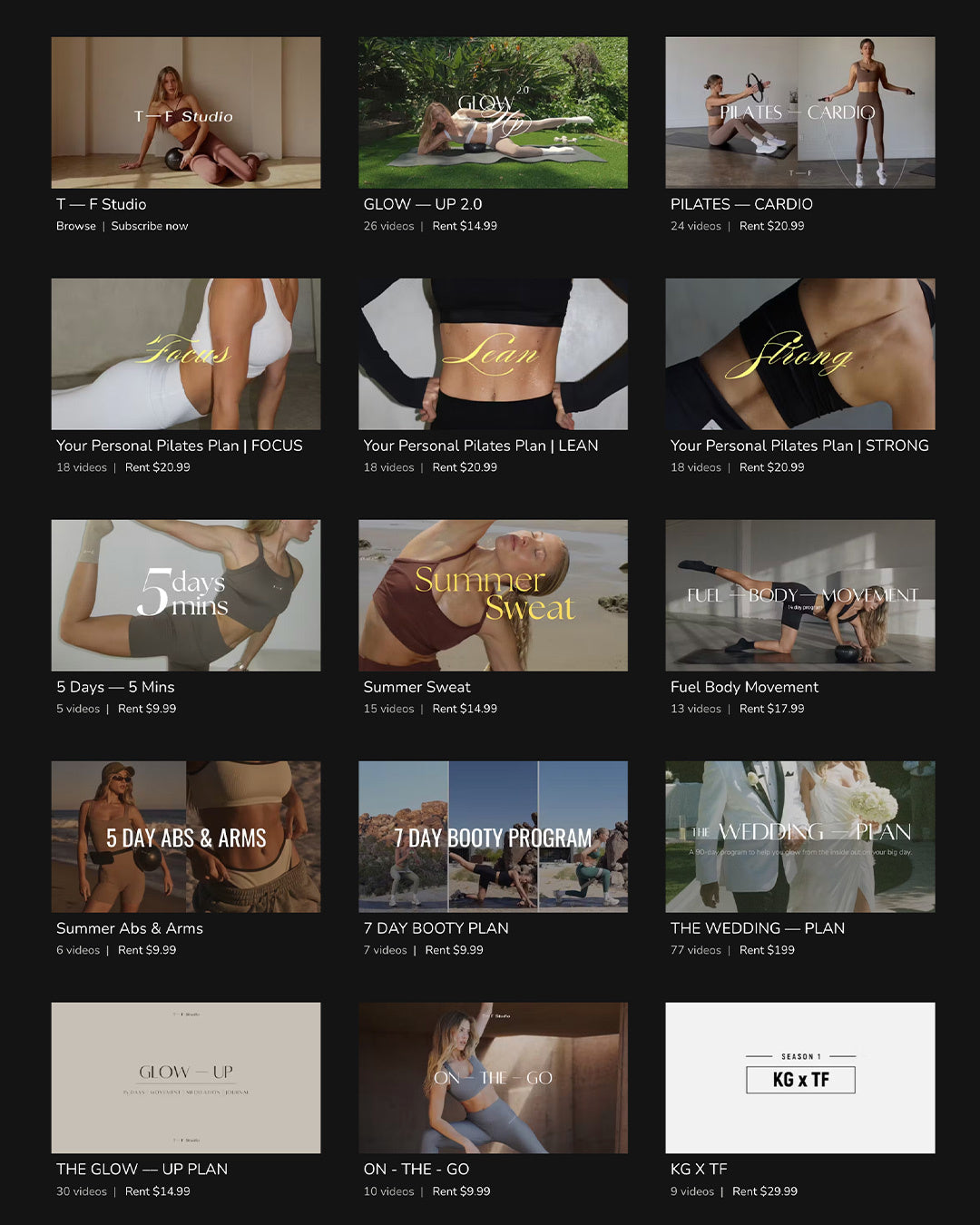My Personal Journey with Diet Trends
I’ll admit it. I used to be the person who tried one diet trend after another, believing that each new fad would be the key to finally feeling my best.
I’ve done it all: intermittent fasting, keto, juice cleanses, and yes, even that phase where I convinced myself that blending butter into my coffee every morning was the ultimate health hack. Each time, I was sure I had found the answer, but I only ended up feeling worse than before.

It wasn’t until I got certified as a health coach and started T – F Studio that I finally learned the importance of listening to my body. I built my workouts around what felt good for me, and naturally, my approach to food followed. No extreme diets—just balance, variety, and eating in a way that made me feel strong and energized. I thought I had finally learned my lesson.
Then the high-protein diet started trending, and somehow, I found myself tempted to jump on the bandwagon once again. Since I love to experiment with food and wellness methods, I thought I would give it a try. So instead of following my body’s natural queues, I followed the science and the experts who say that more protein means better results. But here’s the thing: instead of feeling energized and strong, I felt sluggish, bloated, and out of sync with my body. That’s when it hit me: I should have known better. What has always worked best for me is a balanced plate—some protein, yes, but also plenty of carbs and a variety of vegetables. And I know I’m not alone in this.
High-protein diets are everywhere right now, but is this really best for everyone?
Let’s take a closer look at the hidden downsides that no one talks about.
The High-Protein Hype vs. Reality
The idea that more protein equals better health and fitness is a message we see constantly. Protein bars, shakes, and meal plans promise lean muscle, fat loss, and endless energy. But here’s what’s often overlooked:
1. Not all protein is good for you
Many packaged protein bars and shakes contain artificial sweeteners, fillers, and low-quality protein isolates, which can cause digestive discomfort and bloating. Also, while animal protein is a complete source, excessive consumption—especially from red or processed meats—has been linked to increased risks of heart disease and cancer.
2. Too much protein can lead to imbalances
When protein becomes the main focus, other essential nutrients—like fiber, vitamins, and healthy fats—often get neglected. I didn’t even realize how little fiber I was eating until I started experiencing sluggish digestion and constant bloating. Many people unknowingly consume too little fiber when following a high-protein diet, leading to digestive issues and low energy levels.
3. Overconsumption of protein can strain the body
Excessive protein intake, especially from processed sources, puts extra strain on the kidneys and liver. The body has to work harder to metabolize and eliminate excess nitrogen, a byproduct of protein metabolism. Studies suggest that long-term high-protein intake can contribute to kidney dysfunction in individuals with preexisting conditions. Also, high-protein diets need more water for digestion, increasing the risk of dehydration if you’re not actively monitoring your fluids intake.
4. Protein alone won’t magically build muscle
A lot of people think that eating more protein alone leads to lean muscle growth. Here’s the thing: If your goal is to build muscle, caloric intake, exercise routine, and overall nutrient balance matter just as much, if not more, than simply upping your protein intake.
5. It might not even work for you
Like I always say, every body is different. Just because a high-protein diet works for someone else doesn’t mean it’s right for you. Some people thrive on higher protein intake, while others (like me) end up feeling bloated, tired, or even gaining weight due to excess calories and poor digestion. Understanding how your body responds is more important than following trends.
What actually works?
Instead of chasing diet trends, I always come back to what I’ve known all along. Tuning into what my body truly needs is the best approach. For me, that means:
-
A balanced plate with protein, carbs, and vegetables in every meal.
-
Eating varied sources of nutrients, rather than concentrating on just one.
-
Paying attention to how I feel after eating: do I feel energized and satisfied, or sluggish or bloated? Then adjusting as needed.
-
Focusing on quality over quantity, choosing whole food protein sources like fish, eggs, tofu, and legumes over highly processed protein products.

There’s no one-size-fits-all approach to nutrition. The key is finding what works for you and being mindful of how different foods make you feel. If a high-protein diet makes you feel amazing, great! Protein itself isn’t the enemy - it’s an essential macronutrient that helps with muscle repair, satiety, and overall health. The key is to consume it in a way that supports your body, choosing whole, nutrient-dense sources and ensuring balance with other food groups.
Start your morning with the right fuel - your body will thank you! Let us know how you feel in the comments. If you're looking for recipe inspo check out our nutrition page for balanced and healthy meal options. No access? Join for your first week free!
If you’re looking to a for a delicious, balanced way to incorporate protein into your diet, try our high-protein breakfasts, made with whole foods and designed to give you the energy and nourishment you need to feel your best.






